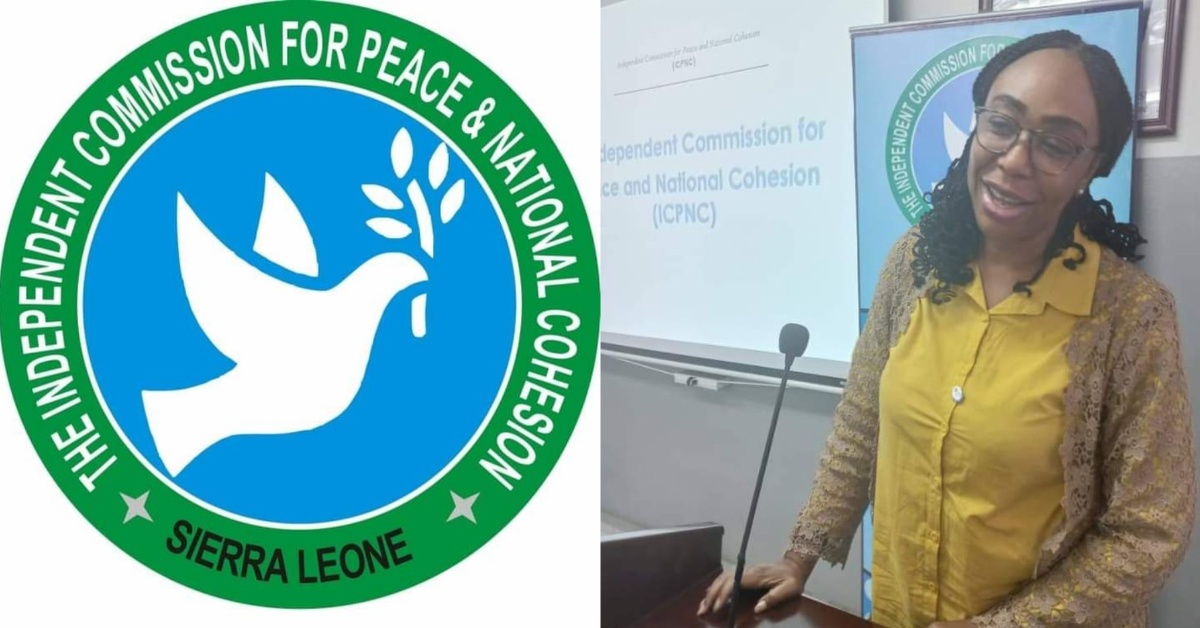In 2019 Sierra Leone held a three-day national forum on peace and national cohesion dubbed Bintumani III. The conference was aimed at establishing a Peace Commission in the small West African nation whose civil war lasted for 11 years (1991-2002) and left the country and her people severely bruised.
The main opposition political party, the All People’s Congress (APC), boycotted the conference on grounds that they were not involved in the planning process and that they were not even invited officially as a party; a claim that the Government of Sierra Leone denied.
While formally opening the three-days conference, His Excellency President Julius Maada Bio emphasised the need to build strong institutions that would consolidate the country’s fledgling democracy and promote peace and national cohesion. The President also took some time to lament the absence of the opposition party by questioning their commitment to peace and national cohesion.
In 2021 the Independent Commission for Peace and National Cohesion was established through an Act of Parliament as a product of the Bintumani III national forum, and Board Members were duly nominated by President Bio and subsequently approved by the Sierra Leone Parliament.
Sierra Leone is ranked the 4th most peaceful country in Africa, according to the Global Peace Index for 2021. However, the recent violent protests in the country claiming the lives of innocent civilians and security personnel as well as destruction of public and private property has dented that enviable profile as those images were shown on reputable and credible international media screens across the world much to the dismay of potential investors.
There has been widespread condemnation of the incident and the Government and People of Sierra Leone, opposition parties, Civil Society Organisations, the media, the security sector, traditional and religious leaders, the private sector, and international partners, are working together to put that unfortunate episode behind and forge ahead to consolidate peace, stability and national cohesion as the country prepares for another public elections in June 2023.
So how is the Independent Commission for Peace and National Cohesion faring in all of these efforts? It seems there is an uneasy calm at the Peace Commission between the Board and the Secretariat, according to our sources, which may need the urgent attention of the Office of the Chief Minister at State House to ensure the independence and smooth running of the Commission.
The Board members, made up of highly reputable and distinguished Sierra Leoneans with a wealth of experience in their various fields of endeavour, are concerned about recruitment of staff, roles and responsibilities, independence of the Commission, and about their conditions of service, which they claim are yet to be officially communicated to them.
As a result, the Board has been generally non-compliant and has not participated in programs and activities of the Commission. According to our sources.
According to our source within the Secretariat, the Board Chairman, Sheka Mansaray, has not been attending meetings.
“The last time he (the Board Chair) asked for three months’ leave saying he wasn’t feeling well. He keeps saying he is not well. And the Act says if he is not well he should resign,” our source alleges.
The Board Chairman declined to comment on the allegation.
The Commission only has eight (8) staff recruited so far. No other recruitment has been done. In fact, there are no funds to recruit, says our source.
“What was given to the Commission was seed money, as a start-up from the government. We now have an account but we are yet to receive any allocation,” our source continues.
We also understand that the Commission has only one vehicle donated by the Chinese Embassy. Regional offices to give the Commission a national character are yet to be established.
With this state of affairs, there is every likelihood that the Peace Commission is set to suffer the same fate as other equally important commissions established to strengthen Sierra Leone’s democracy- under-funded, under-staffed, and non-independent. But for a commission as crucial as the Peace Commission the Government, and its development partners- especially the United Nations, must not allow this to happen.
Sierra Leone is a success story for other countries to emulate. Since the end of the war in 2002, the country has had four democratic elections, two of which have seen power handed over to the opposition. The country is regarded as a beacon of democracy in the West African sub-region.
Furthermore, Sierra Leone has shown tremendous resilience in overcoming the Ebola outbreak in West Africa (2014-2016) and the COVID-19 pandemic (2019-2022), which lessons are helping other nations across the world to put strategies in place to respond to health emergencies.
An investment in peace is an investment in national development.


 Post a comment
Post a comment










Comment(s)
Disclaimer: Comments expressed here do not reflect the opinions of Sierraloaded or any employee thereof.
Be the first to comment